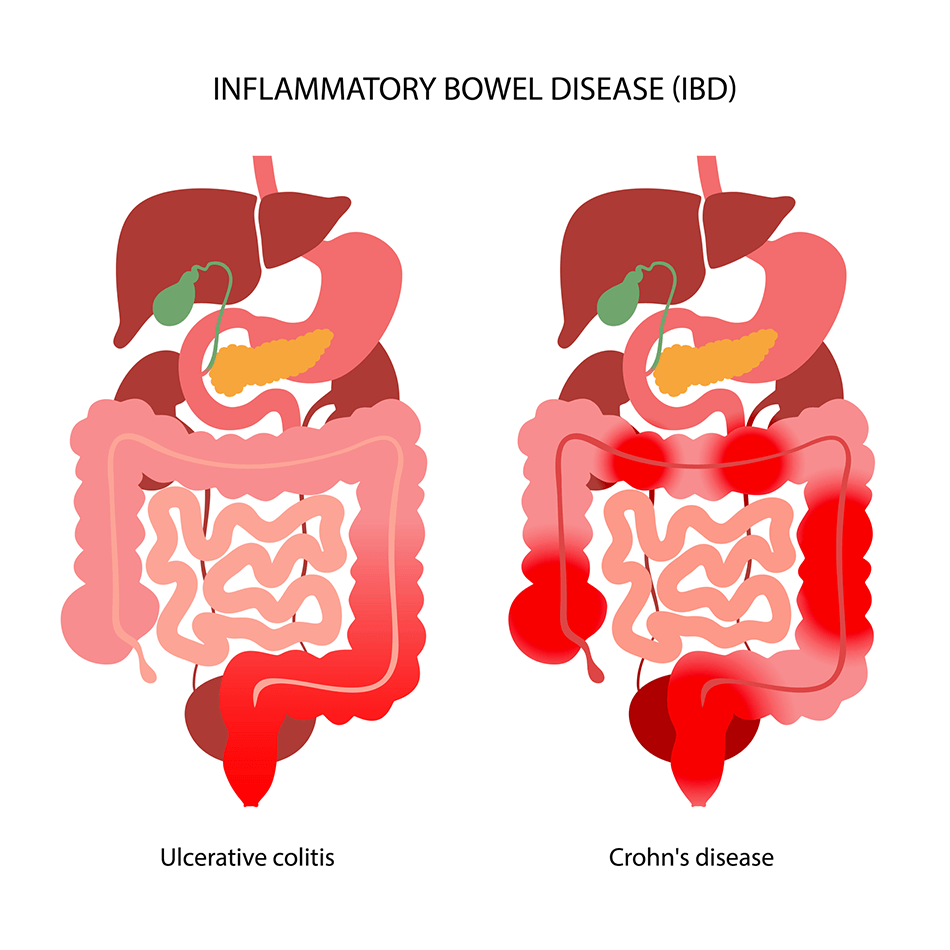A confusing disorder that suddenly upends children’s lives, pediatric acute-onset neuropsychiatric syndrome (PANS) poses difficulties for both families and medical professionals. At least two additional neuropsychiatric symptoms, such as anxiety, depression, irritability, or tics, are present in PANS, which is characterized by the abrupt onset of obsessive-compulsive disorder (OCD) or restrictive eating behaviors. When a child’s behavior changes so quickly, parents are frequently left looking for solutions and successful interventions.
Although the precise cause of PANS is still unknown, infections, metabolic disorders, or inflammatory responses are frequently linked to it. Pediatric Autoimmune Neuropsychiatric Disorders Associated with Streptococcal Infections (PANDAS) is a subset of PANS that specifically attributes the onset of symptoms to streptococcal infections, such as strep throat. This link implies that neuropsychiatric symptoms could occasionally result from the body’s immune system unintentionally attacking neural tissues in response to an infection.
Growing awareness of PANS and PANDAS in recent years has sparked conversations among medical professionals regarding treatment guidelines and diagnostic standards. The American Academy of Pediatrics has issued guidelines for the diagnosis and treatment of PANS and recognizes it as a legitimate diagnosis. The need for more study and agreement is highlighted by the fact that the medical community is still debating the most effective methods of diagnosis and treatment.
Families dealing with PANS’s difficulties frequently find themselves in an uncertain situation. Their children’s sudden behavioral shifts can be frightening and debilitating. Advocacy organizations and support networks have developed into priceless tools that provide affected individuals with community and information. To improve patient outcomes, these organizations put forth a lot of effort to advocate for standardized treatment protocols, fund research, and raise awareness.
PANS is treated with a variety of approaches, usually including cognitive-behavioral therapy (CBT), psychiatric drugs, and, if necessary, treating underlying infections or inflammatory conditions. Since timely treatment can greatly improve the prognosis, early intervention is essential. However, due to the wide range of symptom presentation and severity, customized treatment programs that are suited to the particular requirements of each child are required.
PANS has wider ramifications that touch on social development and education. Due to cognitive and behavioral symptoms, children with PANS may struggle academically and need support and accommodations in the classroom. Additionally, the social stigma attached to abrupt behavioral changes can cause peer miscommunication and isolation, underscoring the significance of awareness and empathy in communal contexts.
It is hoped that as research advances, a better understanding of PANS will result in more potent diagnostic and therapeutic approaches. To advance this progress, cooperation between researchers, physicians, and advocacy organizations is crucial. We can strive to enhance the quality of life for kids with PANS and their families by promoting an all-encompassing strategy that includes social, psychological, and medical support.
PANS Disease Information Table
| Category | Details |
|---|---|
| Full Name | Pediatric Acute-onset Neuropsychiatric Syndrome (PANS) |
| Primary Symptoms | Sudden onset OCD, restrictive eating, tics, mood swings, anxiety, depression |
| Diagnostic Criteria | Acute onset of OCD or eating restriction, plus at least 2 additional neuropsychiatric symptoms |
| Age of Onset | Typically childhood (around 3 to 13 years old) |
| Cause/Trigger | Often post-infectious (e.g., viral, bacterial), metabolic, or inflammatory |
| Difference from PANDAS | PANDAS is a subtype of PANS specifically triggered by streptococcal infection |
| Diagnosis Method | Clinical evaluation; ruling out other causes; medical history; sometimes lab tests |
| Treatment Options | Immune therapy (IVIG, steroids), antibiotics (if infection present), psychiatric care, CBT |
| Recovery Outlook | Variable; some children recover fully with early and aggressive treatment |
| Support Resources | Stanford Medicine PANS Program |







